No punishment, in my opinion, is to great, for the man who can build his greatness upon his country's ruin
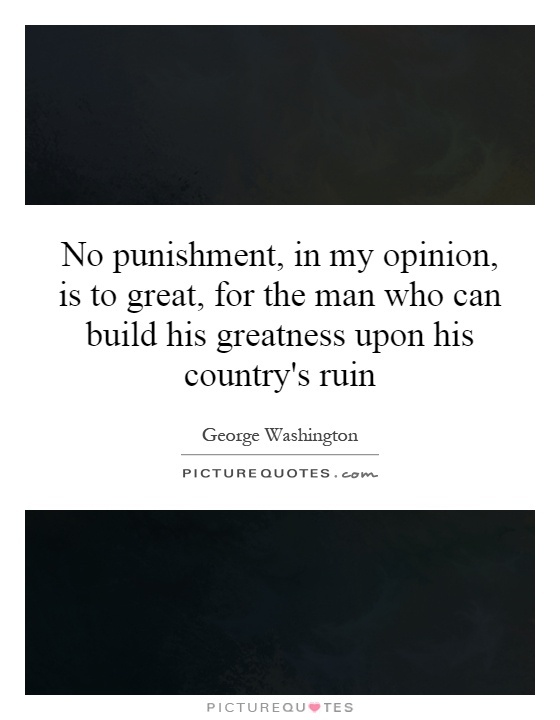
No punishment, in my opinion, is to great, for the man who can build his greatness upon his country's ruin
George Washington, the first President of the United States and a founding father of the nation, is often hailed as a hero and a symbol of American greatness. However, the quote "No punishment, in my opinion, is too great, for the man who can build his greatness upon his country's ruin" raises an important question about Washington's legacy and the actions he took during his lifetime.Washington is remembered for his leadership during the American Revolutionary War, where he played a crucial role in securing independence for the colonies. His military prowess and strategic thinking were instrumental in defeating the British and establishing the United States as a sovereign nation. However, some critics argue that Washington's greatness came at a cost, particularly to Native American tribes and enslaved Africans.
During his presidency, Washington signed the Indian Removal Act of 1830, which forced Native American tribes to relocate to designated lands in the west. This policy led to the displacement and suffering of thousands of indigenous people, as well as the loss of their ancestral lands. Additionally, Washington was a slave owner and profited from the labor of enslaved Africans on his plantation at Mount Vernon. Despite his personal beliefs about slavery, Washington did not take significant steps to abolish the institution during his lifetime.

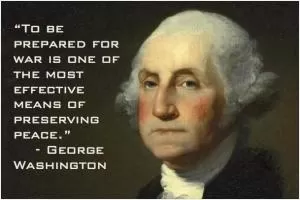



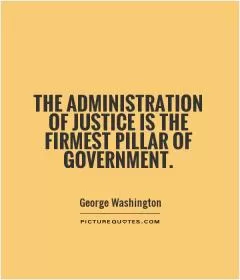

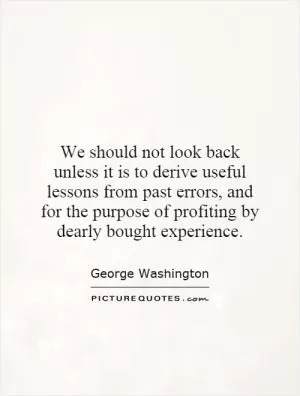

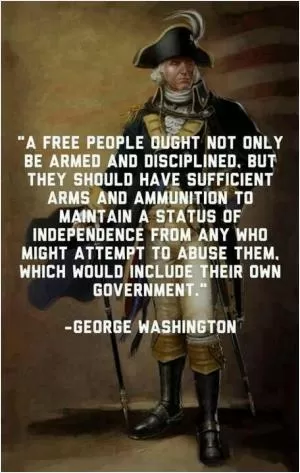
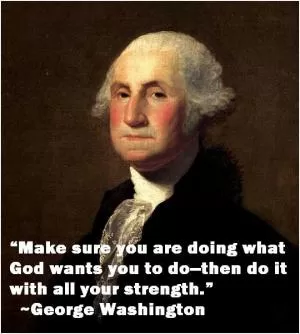
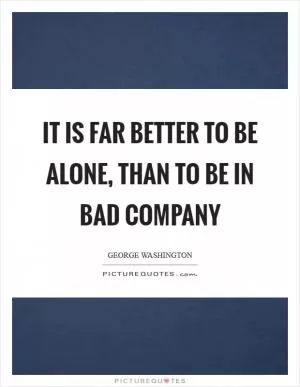
 Friendship Quotes
Friendship Quotes Love Quotes
Love Quotes Life Quotes
Life Quotes Funny Quotes
Funny Quotes Motivational Quotes
Motivational Quotes Inspirational Quotes
Inspirational Quotes